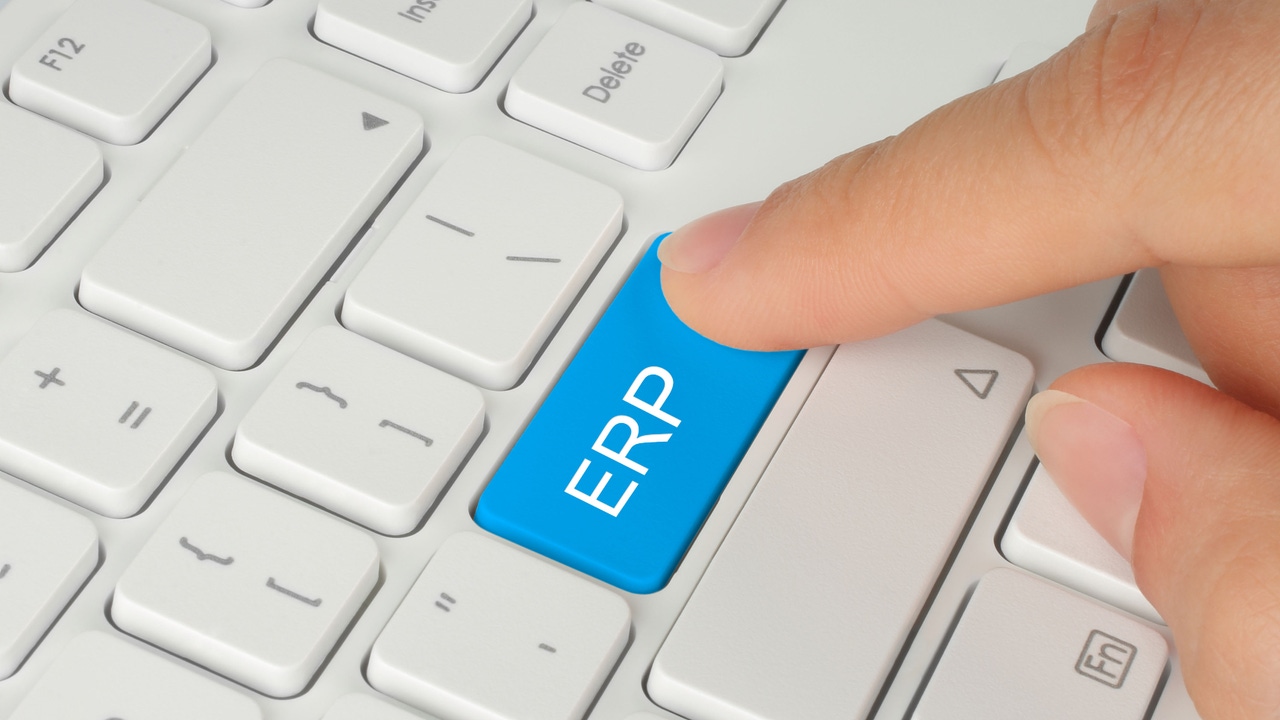3 Reasons Why Your Business Should Switch to a Cloud-Based ERP System3 Reasons Why Your Business Should Switch to a Cloud-Based ERP System
Before deciding between a cloud-based or on-premises ERP solution, it's essential to understand the benefits of cloud-based ERP systems: anytime, anywhere access to real-time data, enhanced data security, and reduced operating costs.
July 5, 2024

By Kyle Pevehouse, QuantumERPSolutions.com
In the era of advanced technology and continuous innovation, digitization is a concept that has become increasingly important and ubiquitous in our lives. Digitization brings numerous benefits and significant changes in various fields and sectors, having a profound impact on society and the economy.
Communication and access to information throughout the internet gave us a different approach to how to quickly and efficiently use an online platform to enhance new skills. Digitization has brought major transformation and increased efficiency in many areas. The use of digital tools and specialized software allowed the automation process to evolve, increasing productivity and saving time and resources. Cloud-based ERP (Enterprise Resource Planning) systems have had a significant impact in modern society.
What Is ERP and Cloud-Based ERP?
A cloud-based ERP system is corporate software that stores information from various domains, which can be accessed by remote servers online. ERP is an essential IT network designed to manage all resources, information, and activities within a company, providing an optimal and efficient business process. The ERP configuration uses a common database that supports multiple functionalities of the company with access to accurate information that allows optimal decisions to be made faster. It also automates certain processes and eliminates redundant activities, potential risks, and errors.
What Are the Advantages of Choosing Cloud-Based ERP?
The key to success is to taking proactive steps toward the goals you set. The path you choose might not be the easiest one, but cloud-based ERP provides many benefits that can improve the development of the business.
So why choose cloud-based ERP?
Can be used on a subscription basis, without having to cover the cost of the IT infrastructure within the company.
Provides an economic advantage and simplified implementation and management.
Access from everywhere, through a browser and internet connection.
Updates to the latest versions are done automatically, without additional cost or intervention from the IT department.
Reduces expenses by eliminating the need for companies to invest in software and hardware or hire additional IT specialists.
Accessibility: Any Time and Anywhere in Real Time
To succeed in business, being well-informed and having access to information can lead to significant improvements when using the right tools.
It's important to be able to access company data anywhere and any time. Cloud-based ERP stocks all data that can be easily accessed from any browser or from any device (PC, laptop, tablet), regardless of its operating system, from wherever you have an internet connection.
So having a cloud-based ERP system means having access to real-time information. With just a click of a button, you can access all the information that you need — organized, making it easier to manage financial, inventory, production, or customer data.
Maximum Data Security
The process of digitalization has introduced technological advancements and increased efficiency across many areas of our society. Cloud-based ERP increases productivity and provides automatic updates that guarantee security and solutions to any errors that might occur.
Some of the advantages are:
Cloud-based ERP uses systems that guarantee the network infrastructure is secure.
Regular data backup prevents data loss in case of system failures or unpredicted events.
Software threats can compromise the way the system is conducted; cloud-based ERP provides established solutions to maintain and manage the consistency and efficiency of the system.
Lower Operating Cost Compared with Traditional Systems
When deciding whether or not to choose a cloud-based ERP system, consider that the expense of using cloud-based ERP is lower compared with traditional on-premises systems that require manual updates and regular hardware updates that can increase the cost of maintenance.
By contrast, with cloud-based ERP systems, the cost of updates are covered as part of a subscription.
Being a successful leader requires making decisions that help move your company forward. Selecting a cloud-based ERP system equips your company with the most advanced tools to enhance efficiency and leverage the latest innovative technology.
About the author:
Kyle Pevehouse is a seasoned technical writer specializing in comprehensive documentation of completed customizations, and with a deep expertise in CRM and ERP systems, Kyle excels in translating complex technical concepts into accessible and user-friendly guides, easily providing step-by-step walkthroughs of how it all works.
About the Author
You May Also Like








.jpg?width=700&auto=webp&quality=80&disable=upscale)
